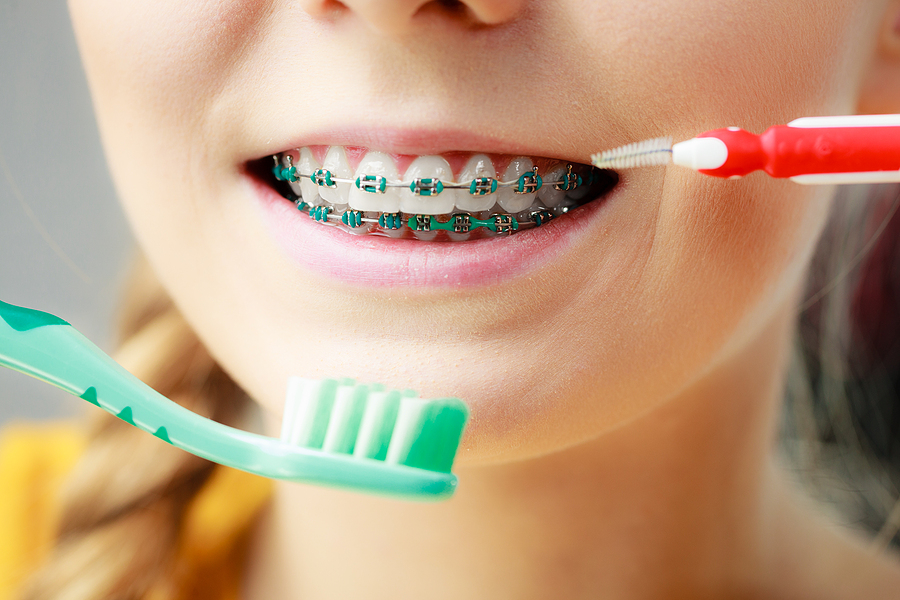How Can Sleep Apnea Be Treated?
Posted by Gannon Lee on Jun 15 2023, 09:15 AM
Do you often wake up feeling unrested and fatigued, despite getting a full night's sleep? You may be suffering from sleep apnea. This condition affects millions of people worldwide and can cause serious health issues if left untreated. But fear not; there are several effective treatment options available to help alleviate the symptoms.
What Is Sleep Apnea?
Sleep apnea is a common sleep disorder that causes interruptions in breathing during sleep. It occurs when the muscles at the back of the throat fail to keep the airway open, resulting in brief pauses in breathing that can last from a few seconds to over a minute.
There are three types of sleep apnea: obstructive sleep apnea, central sleep apnea, and complex or mixed sleep apnea. Obstructive sleep apnea is the most common type and happens when there's an obstruction in your upper airway while you're asleep. Central Sleep Apnea occurs when your brain doesn't send proper signals to control your breathing while you're asleep.
Sleep Apnea affects people of all ages but is more prevalent among middle-aged men with obesity and those who smoke. The condition can have serious consequences if left untreated, such as high blood pressure, heart disease, stroke, depression, and anxiety.
Causes of Sleep Apnea
One of the most significant causes of sleep apnea is excess weight or obesity. Individuals who carry excess weight around their neck and upper body may experience constricted airways during sleep, which can lead to interruptions in breathing.
Another contributing factor to sleep apnea is age. As we grow older, our muscles tend to weaken, including those in the throat and tongue. This weakness can also result in airway obstruction during sleep.
In some cases, genetics may also play a role in developing sleep apnea as it tends to run in families. Additionally, lifestyle choices such as smoking and excessive alcohol consumption can increase the likelihood of having this condition.
Certain medical conditions like hypertension and diabetes have been linked with an increased risk of developing obstructive sleep apnea.
Symptoms of Sleep Apnea
Sleep apnea is a sleep disorder characterized by repeated pauses in breathing while asleep. The symptoms of sleep apnea vary depending on the severity of the condition, but some common signs include loud snoring, gasping for air during sleep, and waking up with a dry mouth or sore throat.
Another symptom of sleep apnea is excessive daytime drowsiness or fatigue due to disrupted sleep patterns. People with this disorder may also experience morning headaches, difficulty concentrating, and irritability.
In addition to these physical symptoms, sleep apnea can also affect mental health and emotional well-being. People with untreated sleep apnea are at higher risk for depression and anxiety disorders.
It's important to note that many people who have sleep apnea may not be aware of their condition because they don't remember waking up during the night or experiencing any symptoms. Therefore it's crucial to speak with your healthcare provider if you suspect you might have this disorder.
Treatment Options for Sleep Apnea
The treatment of sleep apnea depends on the severity and type of the condition. For mild cases, lifestyle changes such as losing weight, reducing alcohol and tobacco consumption, and sleeping on one's side may be recommended.
In moderate to severe cases, continuous positive airway pressure (CPAP) therapy is often prescribed. This involves wearing a mask that delivers pressurized air into the airways to keep them open during sleep.
Oral appliances can also be used in some cases. These devices are custom-made by dentists to reposition the jaw and tongue forward during sleep, helping to keep the airway open.
Surgery may be an option for those with structural abnormalities causing their sleep apnea. Procedures can include removing the excess tissue from the throat or correcting nasal problems.
It's important for individuals with sleep apnea to work closely with a healthcare professional to determine which treatment options are best suited for their individual needs.
Please reach out to our dental practice in Mission Viejo, CA, to have a consultation with our dentist, Dr. Lee. You can call us at (949) 380-0315 or schedule an online consultation, and we'll guide you further.



